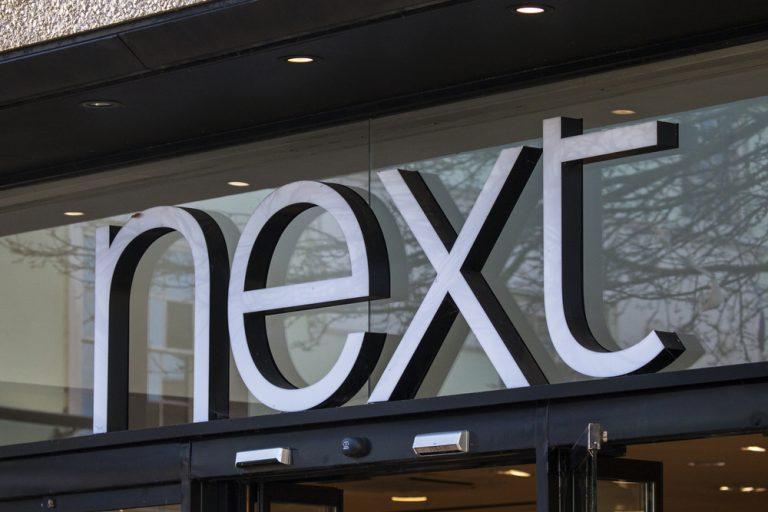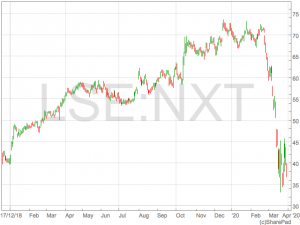
The Next share price (LON:NXT) fell heavily during the volatility caused by the spread of coronavirus and joined the raft of companies falling over 50% from their recent highs.
With such a sharp fall, shares in Next now have to nearly double to once again reach recent highs, but a culmination of changes to consumer behaviour and damage to Next as a brand could inhibit share price appreciation from current levels.
Unethical behaviour
The reputational damage to companies perceived to have behaved unethically or immorally during the coronavirus spread may well be punished by customers and investors after the crisis.
This could very well be the case for Next. Next came under well-publicised pressure from workers to cease operations at their warehouses after Next management refused to close, instead offering workers an additional 20% to remain at work.
This was met with an angry backlash from workers and politicians which led to Next ceasing it’s entire online operations.
In a brief and abrupt released to the market, Next said:
“NEXT has listened very carefully to its colleagues working in Warehousing and Distribution Operations to fulfil Online orders. It is clear that many increasingly feel they should be at home in the current climate.”
“NEXT has therefore taken the difficult decision to temporarily close its Online, Warehousing and Distribution Operations from this evening, Thursday 26 March 2020. NEXT will not be taking any more Online orders after this time until further notice.”
With stores already closed, Next is now unable to make any sales to customers and will have to refund any recent purchases that have not been delivered.
Next Mismanagement
Many companies will be forgiven for poor results during the spread of coronavirus. It has impacted every single company on the planet in ways that were impossible foresee.
However, Next is now in a position where it can not make any sales, which isn’t the case for most of it’s competitors, especially in the online space.
ASOS has gone full throttle with push notifications promoting sales, Top Shop have introduced a 30% sales for loungewear and created ‘Conference Call’ styles, and Boohoo’s PrettyLittleThing is running a 50%-70% sale.
Whilst margins will be compressed by discounts, Next’s competitors will maintain some levels of revenue as visitors to Next’s website are meet with ‘Sorry We Are Closed’ message.
Next’s competitors are not immune from criticism for continuing operations but have managed to keep their businesses running for the time being. Ocado, for example, ordered 100,000 testing kits for its employees.
The ability for other online business to keep going further highlights mismanagement by Next and the market will likely continue to punish them for this.
Next shares
With recent highs of 7,340p, Next shares would have to rally 86% to regain the losses.
This may be asking too much, even in normal circumstances, given that Next only managed to improve profit before tax by 0.8% in the year to January 2020.
Although the FTSE 100 listed company has seen a big increase in its online business in recent years, it was slow to adopt a strong online offering and has largely been left behind.
Next now has a dented reputation and will have to attract a consumer even more accustomed to online shopping after periods of self isolation imposed on them by coronavirus.
Crucially, these were periods when Next were shut for business.

